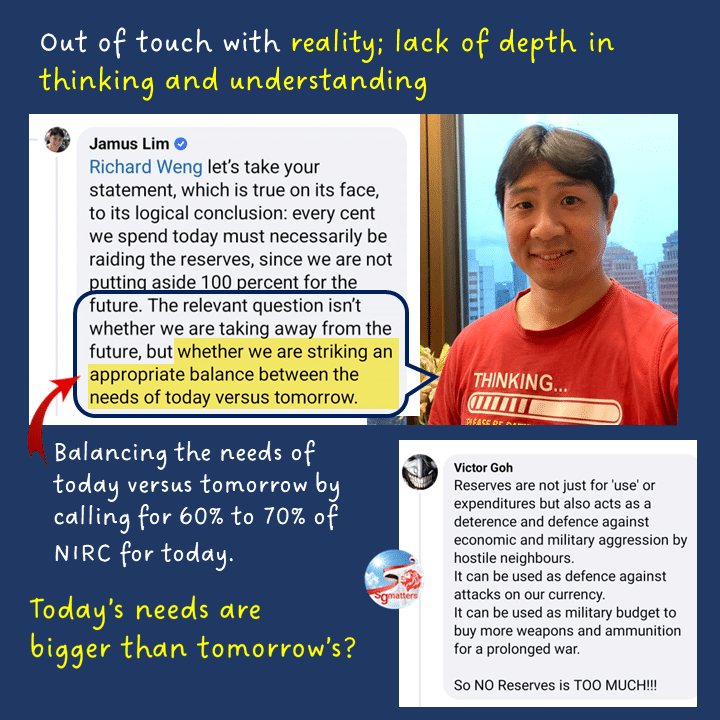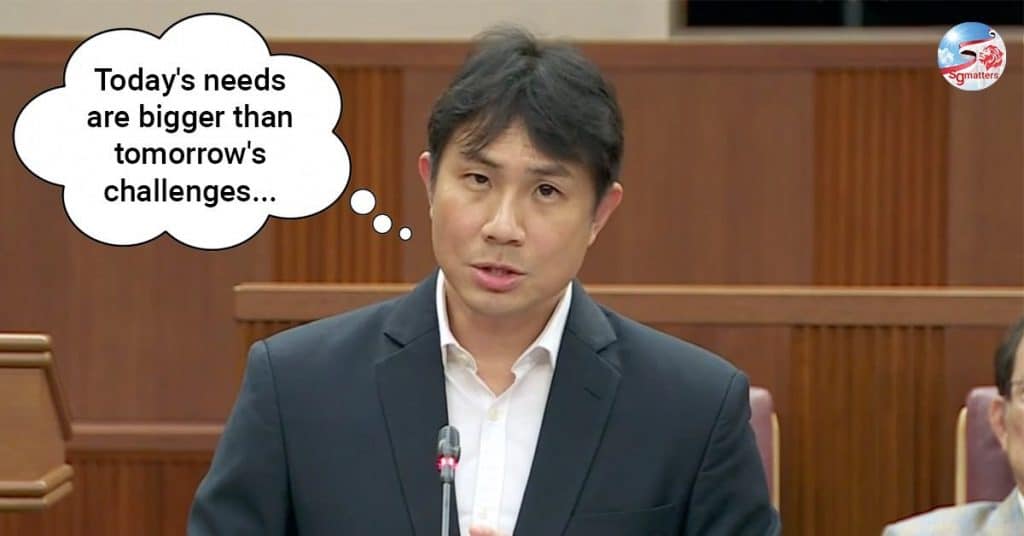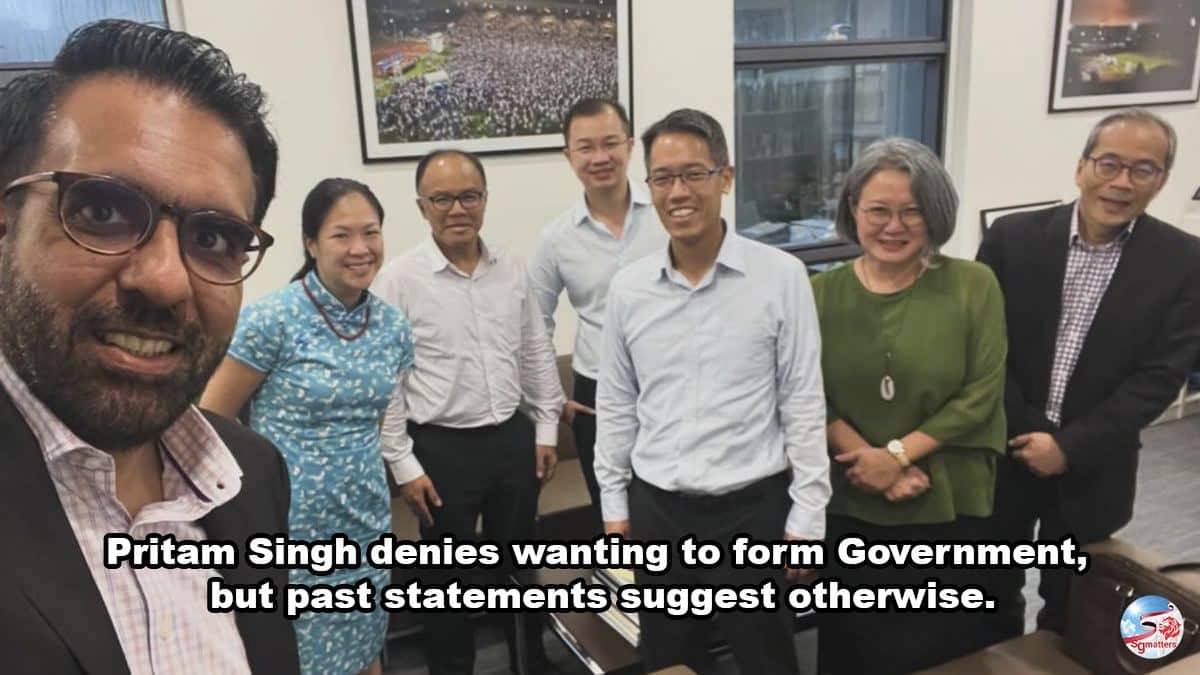In Parliament, the Workers’ Party (WP) had argued for more of the NIRC to be used as government revenue for spending. They had called for 60% to 70% of NIRC to be used.

Are today's needs bigger than tomorrow's challenges?
Theory versus reality
“The Singapore dollar is one of the most actively traded currencies in the world relative to our GDP with daily turnover estimated at US$37 billion globally, or annual turnover of US$9.5 trillion. Our nominal GDP is just about US$350 billion. So you are comparing trillions and billions,” then Finance Minister Heng Swee Keat said to Jamus Lim.
If currency speculation once destroyed the UK monetary system, what makes this academic economist think that Singapore will triumph with the full size of our reserves revealed for more efficient attacks on the Singapore dollar?
What are tomorrow's challenges?
Diseases and pandemics.
COVID-19 was bad. It took us more than 2 years to get back on our feet. More than 6 million people died worldwide from it. If not for vaccination developed at speed, many more would have died.
We kid ourselves if we think that COVID-19 is the worst of pandemics.
Global warming and climate change is increasing the threat of diseases. Before COVID-19, you probably would have responded with scepticism when told that a pandemic was expected.
Underestimating tomorrow's needs and challenges
For the Workers’ Party to think that today’s needs are greater than all of tomorrow’s needs and challenges is a clear demonstration of just how out of touch they are with reality. Perhaps they have a single focus on domestic needs without an eye on the external world and the future.
This cannot be good leadership at all. This is, in fact, bad leadership.
The WP has shown that they lack depth in thinking, and are either unable to look beyond the present. ‘Worst case scenarios’ are clearly not part of their thought process.





